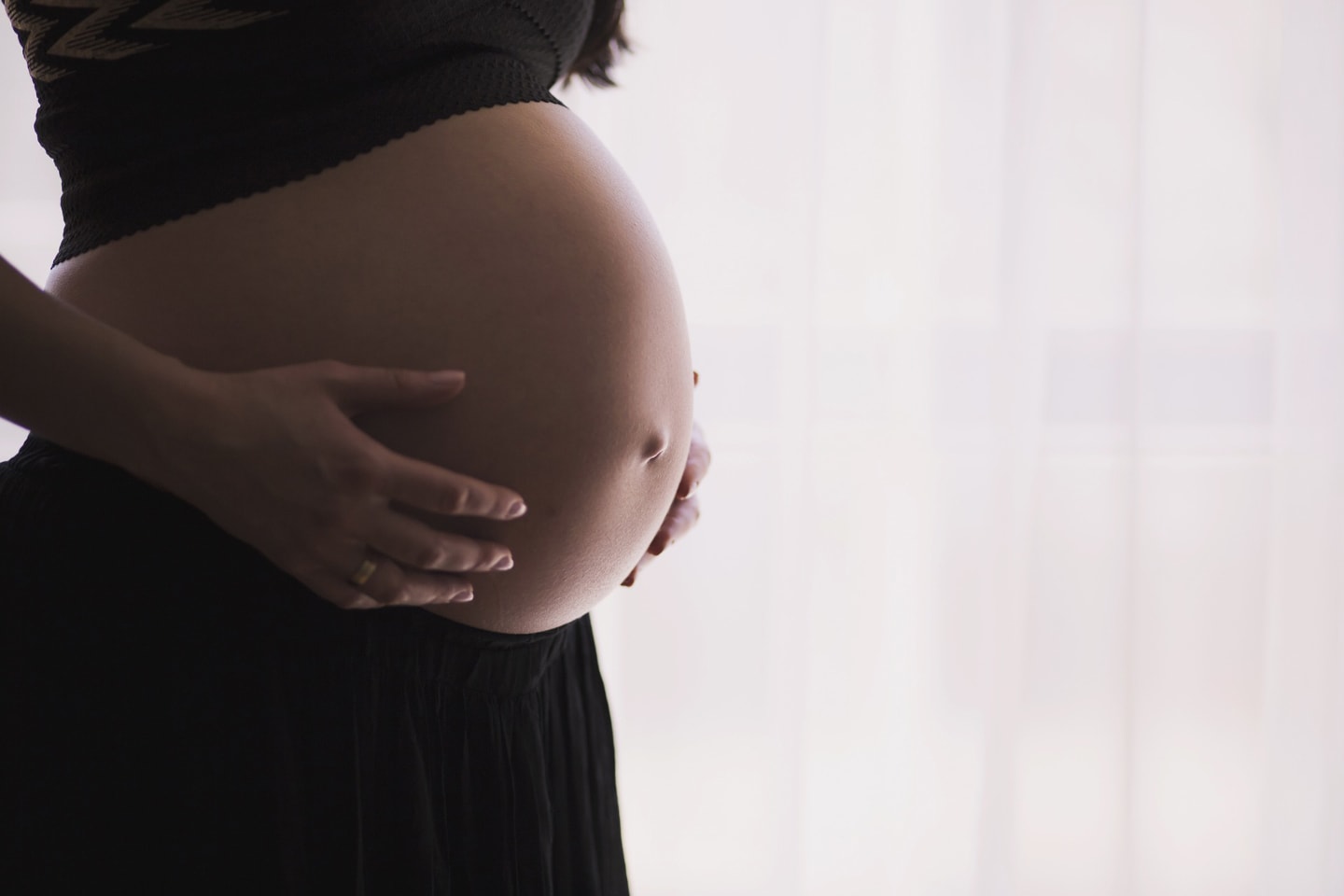
Pregnancy and initial weeks/ months are a time for a significant psychological change for both parents. Such psychological changes during pregnancy help in the preparation and adaptation for parenthood, self-identity, couple relationship and parent-infant attachment. Moreover, the psychological state of the pregnant woman is dynamic and changes/ fluctuates during every trimester. (Ref)
To make sense of the emotional ups and downs during the pregnancy, it is important to have an understanding of the psychological changes during this vital period. This would also help in detecting and addressing any mental health problems at a very early stage. Sometimes, psychological changes could lead to significant stress too.
This article provides a brief overview of the psychological changes during pregnancy, with special regards to the internal and external psychological reorganizations.
First trimester
During this time, there may be emotional fluctuations between positive feelings (such as excitement, happiness, and joy) and rather negative ones (such as disbelief, anticipation, worry, and tearfulness).
This depends on a variety of factors, such as pregnancy ailments (nausea/ vomiting, reflux diseases, insomnia), planned/ unplanned pregnancy, financial situations, family support, a perception of lifestyle restriction, and a sense of loss of independence.
Second trimester
Although the mood fluctuations continue even during the second trimester, the negative feelings could sometimes lessen.
This is due to reduced nausea/ vomiting, more adaptation to changes, some idea about the pregnancy care (from healthcare professionals).
Research has suggested that the mental health problems (such as anxiety and depression) occur less commonly in the second trimester (in comparison to the first and third trimesters).
Third trimester
Negative emotional feelings could come back more again during this time. This could be due to increasing discomfort (such as due to pelvic girdle pain/ a backache), insomnia, tiredness/ exhaustion.
